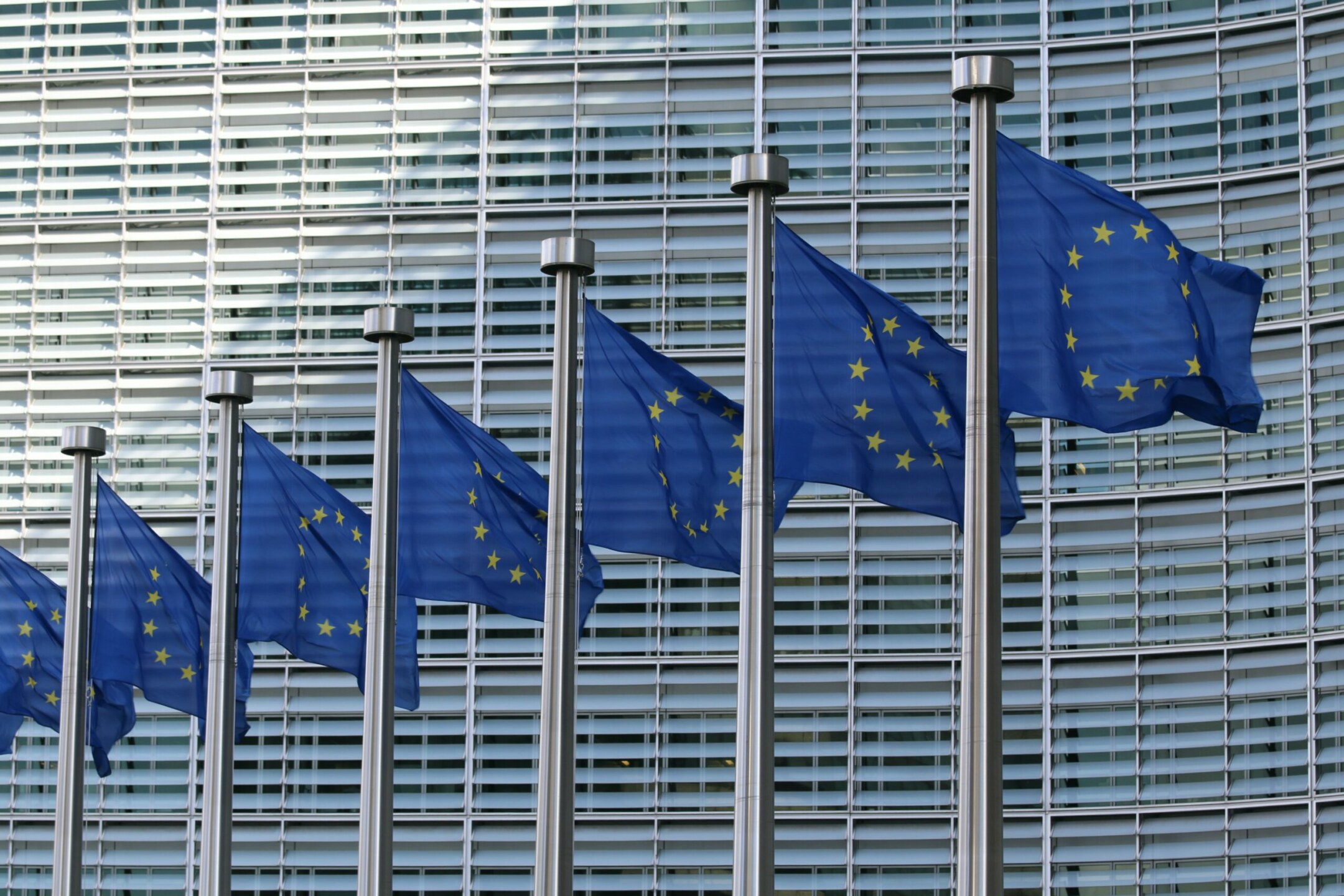Connecting the past,
the present and
the future.
the present and
the future.
ABOUT US
LC Abelheim is an independently owned Trust company that has operated in Mauritius since 2008.
We will remain independent.
The leadership team have almost 80 years of experience in the offshore industry – from Guernsey, to the BVI and Mauritius; and focus daily on their responsibilities of management, and their dedication to grooming new leaders.
Add that to the extensive knowledge, experience and qualifications of our Team – and you have a powerhouse dedicated to helping you create and protect your legacy.
Our main purpose is to ensure we deliver exceptional private client service.
Our clients are at the centre of our decision-making process and culture.
Our goal is to ensure that all stakeholders are aligned and that as a business we are able to deliver an intangible value-add using our experience and professional expertise. With a multi-lingual staff, and perched on the axis of Europe, Africa, the Middle East and Asia, we are perfectly positioned to help manage your global structures and companies. We operate a transparent, fixed fee model and we do not time bill.
LC Abelheim is licensed and regulated by the Financial Services Commission in Mauritius.
OUR SERVICES & FEES
Personal, protected and at a fixed fee.
We have a specialised range of services for your business and individual needs in Mauritius.
TRUSTS
TRUSTS
We offer discretionary trust solutions and our services include: Establishment, Provision of Mauritius resident Trustee, Day to day administration, Maintenance of statutory records, Accounting and Bookkeeping.
FOUNDATIONS
FOUNDATIONS
We offer services to establish Mauritius foundations or administer foundations established in other jurisdictions.
COMPANIES
COMPANIES
We focus on Mauritius Global Business Companies, Investment Holding companies (priced and private holdings), Property Holding companies, IP Holding structures and Service companies.




